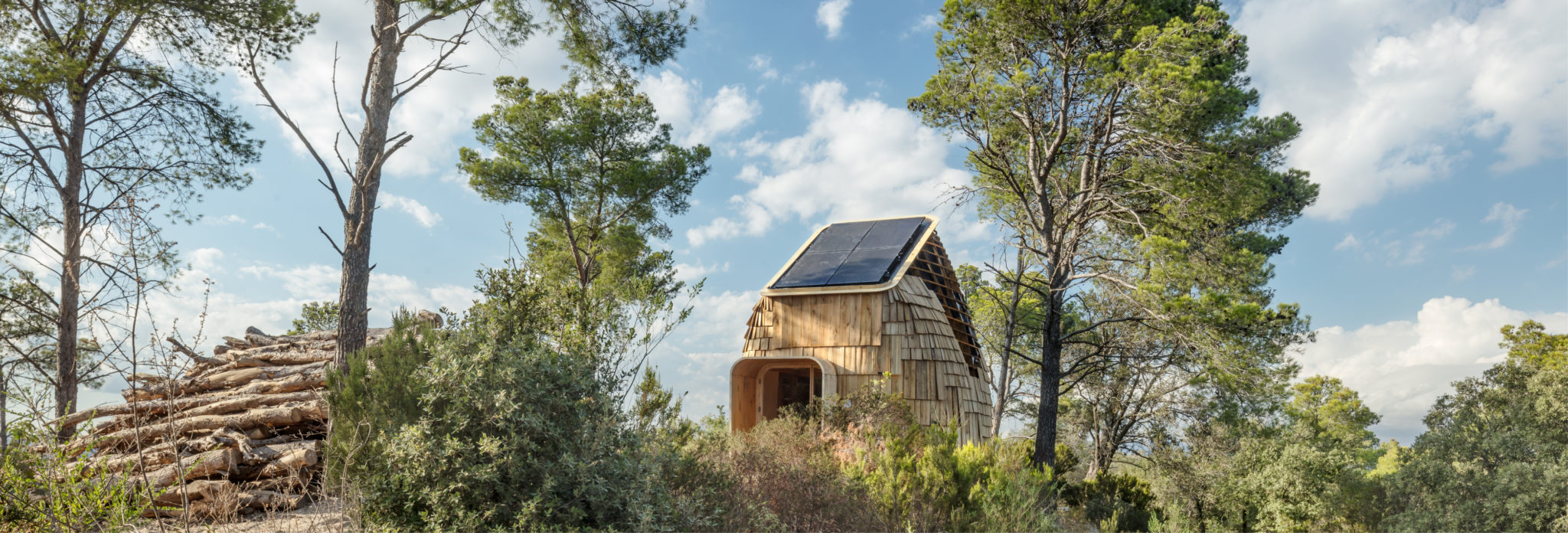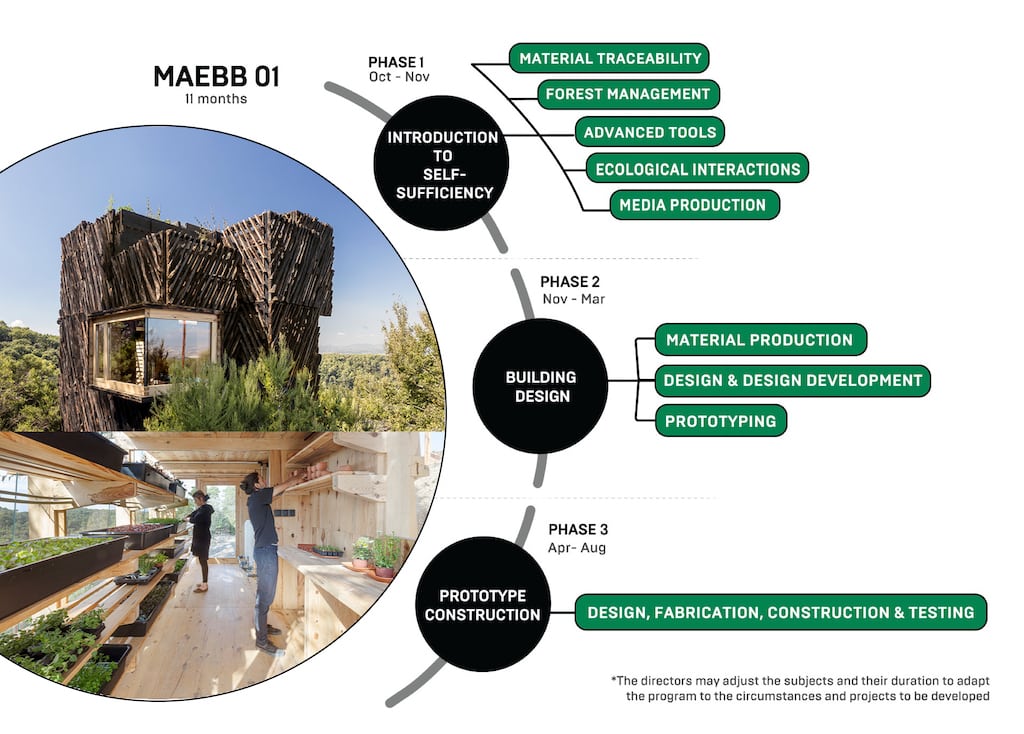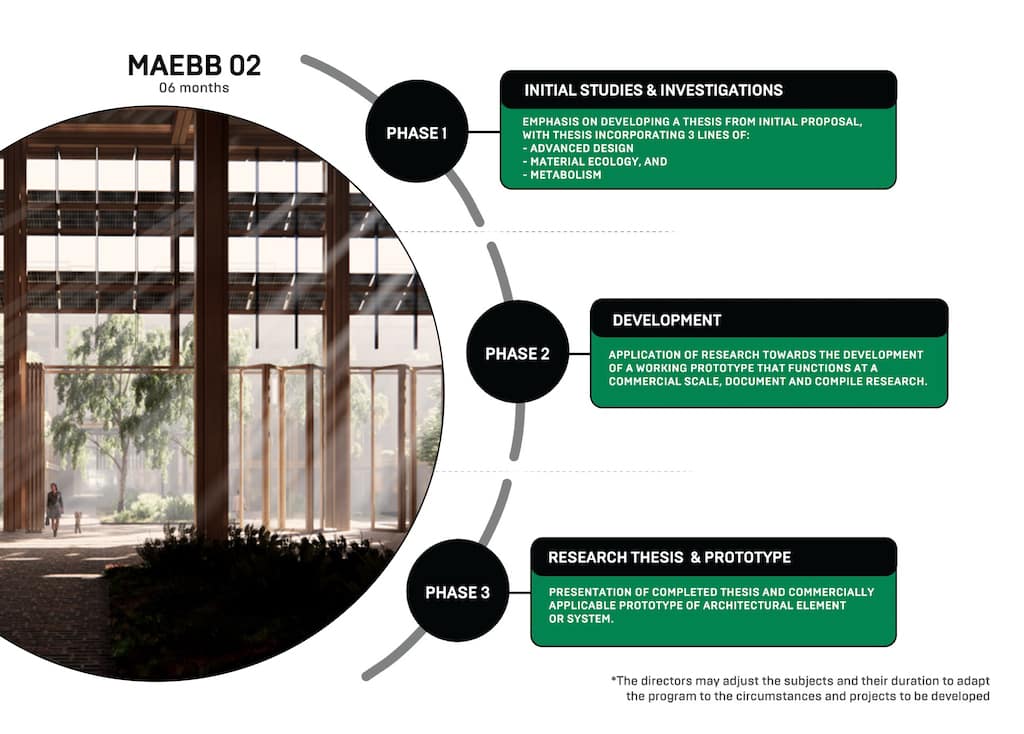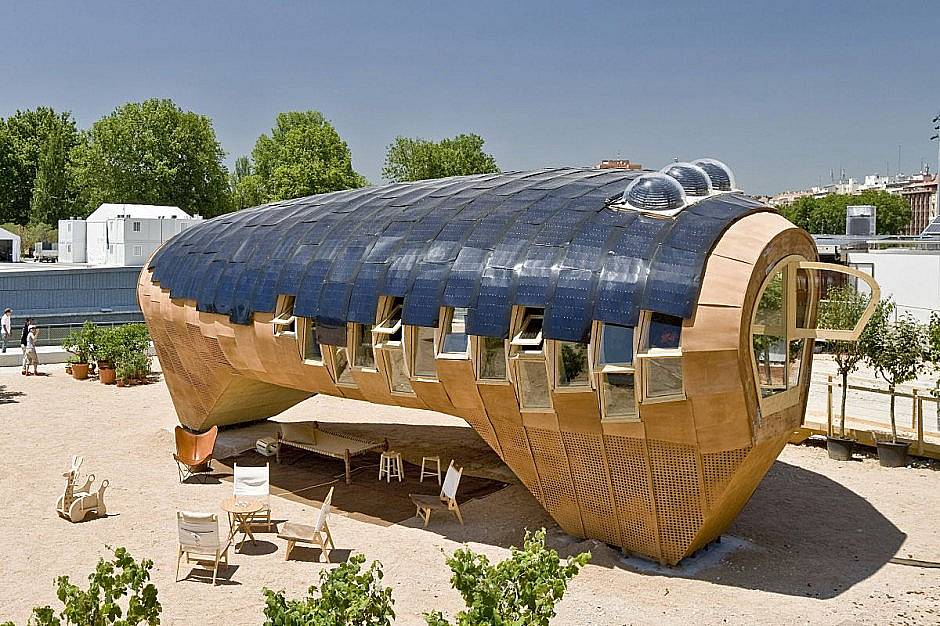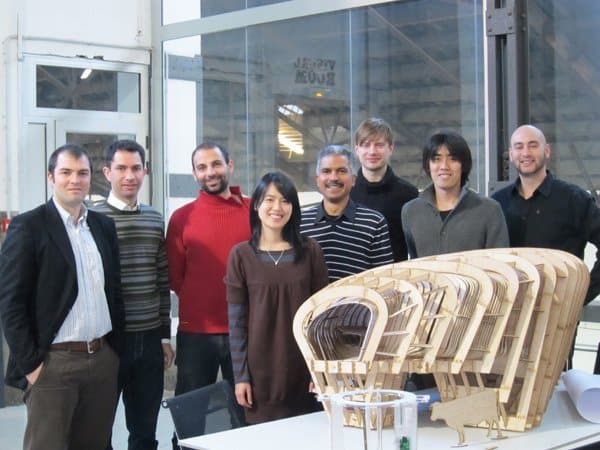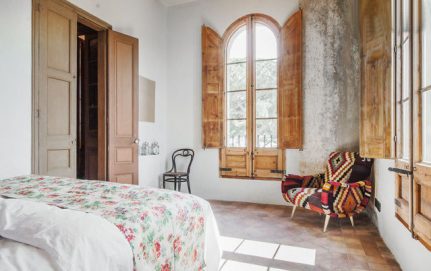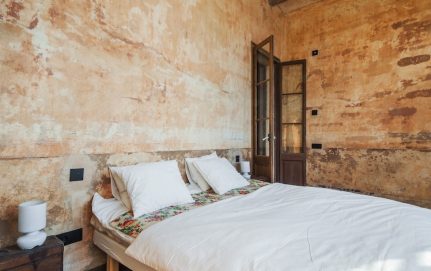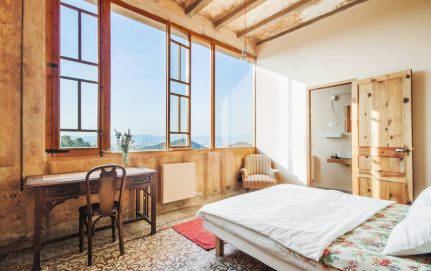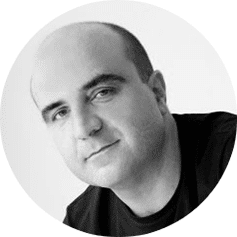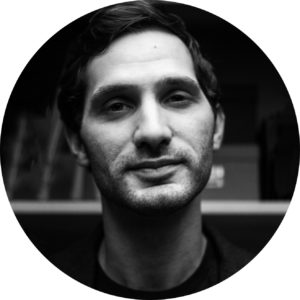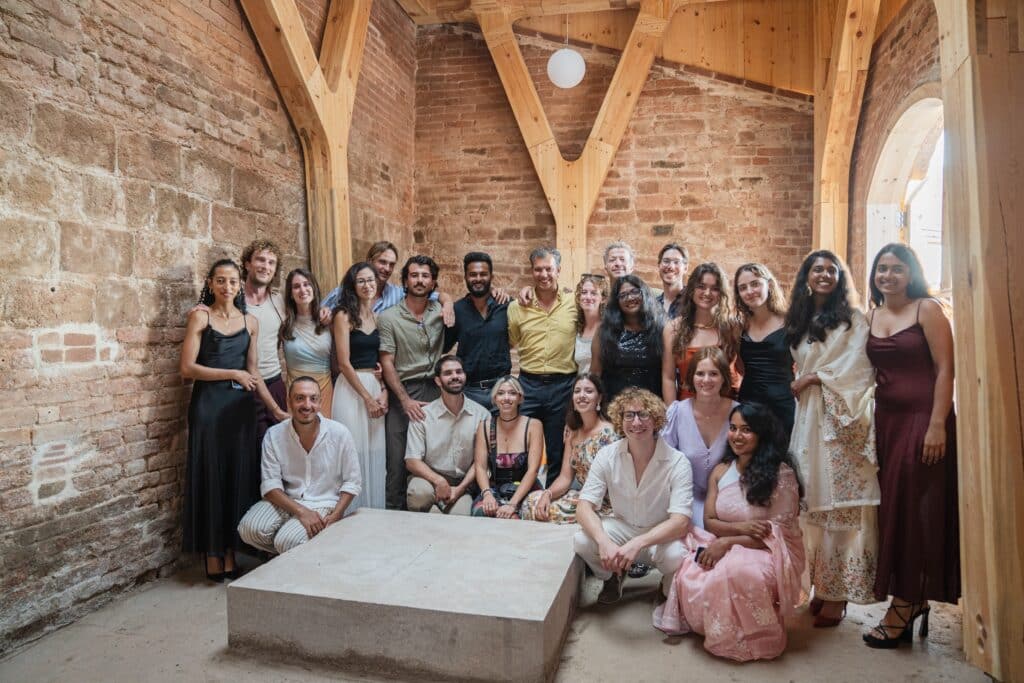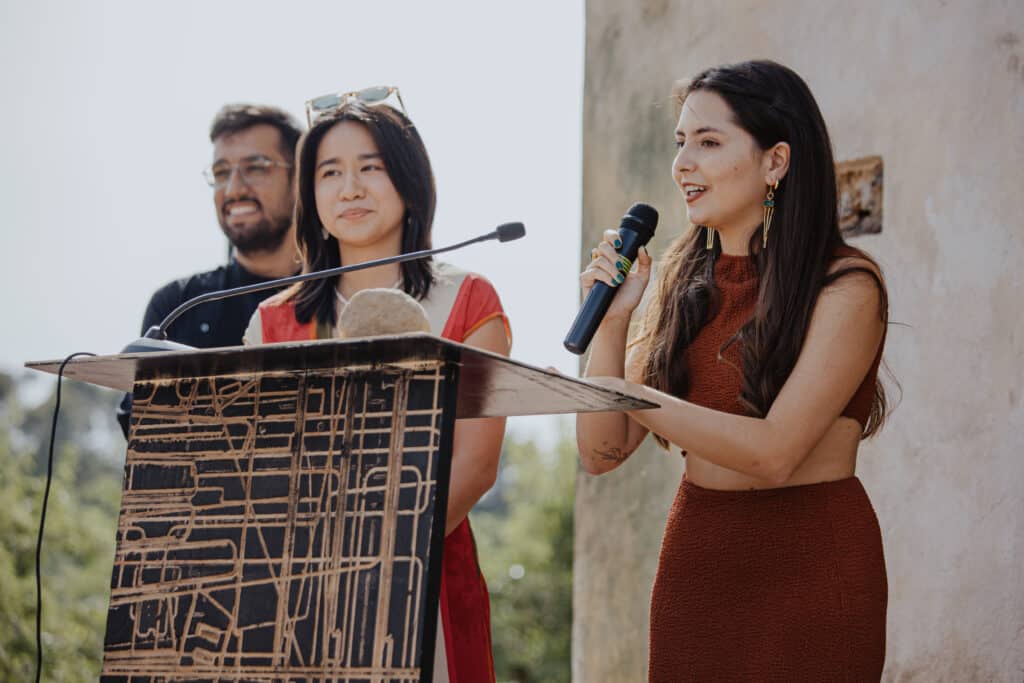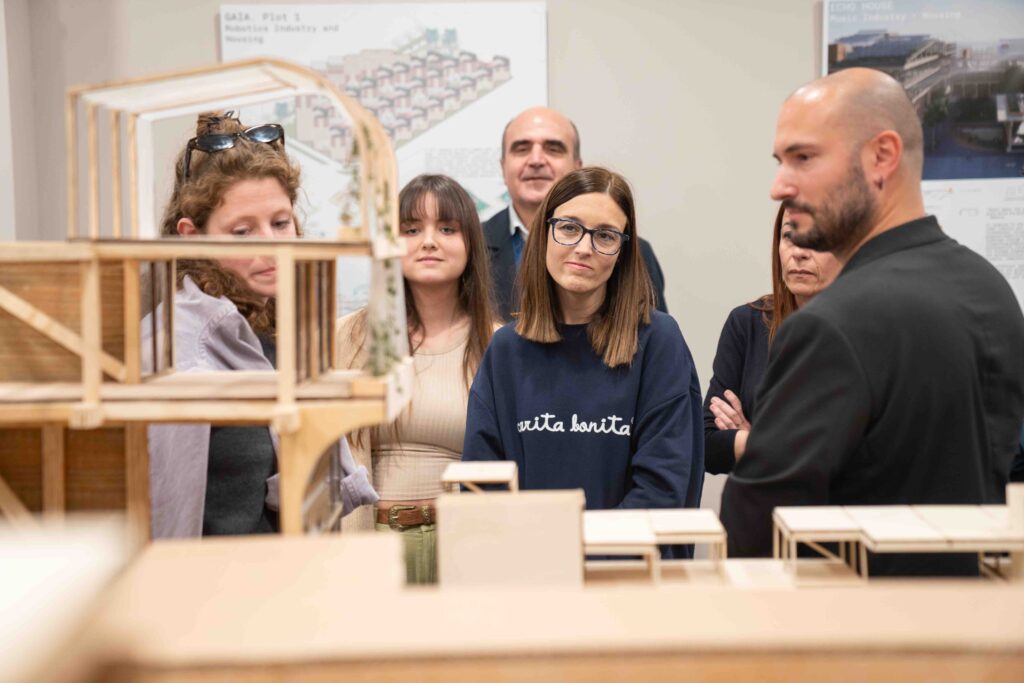IAAC’s immersive Master in Advanced Ecological Buildings & Biocities (MAEBB) is an innovative educational format that offers interdisciplinary skills and understanding through the research on new categories of projects, technologies and solutions related with the design, prototyping, and fabrication of ecological buildings.
IAAC gives students the opportunity to create individual Studio agendas and develops Thesis Projects based on ecological design, thermodynamics applied to buildings, new fabrication techniques, material experimentation, solar technologies and more. In this way, IAAC puts together an experimental and learning environment for the training of professionals with both intellectual and applied responses to the increasing complexity and environmental pressures of contemporary urban environments.
Students have the opportunity to be part of a highly international group, including faculty members, researchers and lecturers, in which they are encouraged to develop collective decision-making processes and materialise their project ideas.
The Master develops seminars, workshops, studios and master classes along these thematics: Contemporary Theory and Practice of Ecological Architecture, Digital Fabrication, Ecology, Solar Energy and Thermodynamics, Eco-Materials, Advanced Structures and Metabolic Building Systems.
Valldaura Labs. Barcelona, Spain.
Valldaura Labs is a living lab and centre for research on self-sufficient habitats. Built around a XIX s. traditional Catalan Masia, its infrastructure aims to become a prototypical place for architecture and ecology in the post-carbon era. It aims to produce food, energy, and things. Located in Collserola park, 30 minutes away from the centre of Barcelona, the lab has an area of 130 hectares. Valldaura has a Green Fab Lab facility part of the MIT’s Fab Lab network and has a full digital fabrication facility. Also, this lab provides living space for the students of Masters in Advanced Ecological Buildings and Biocities.

